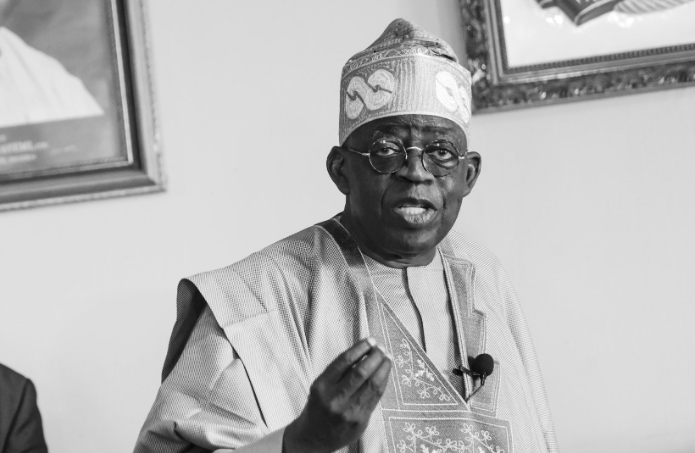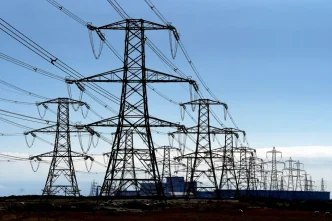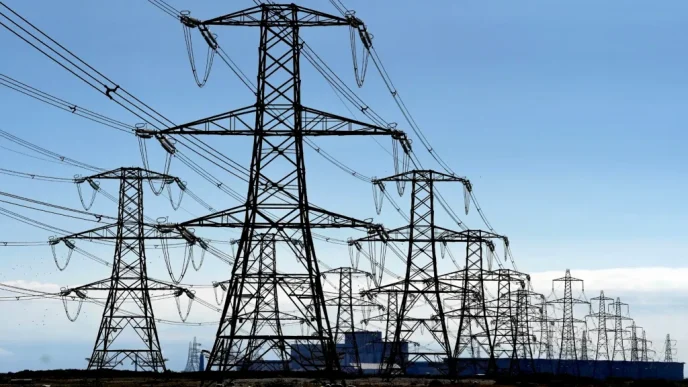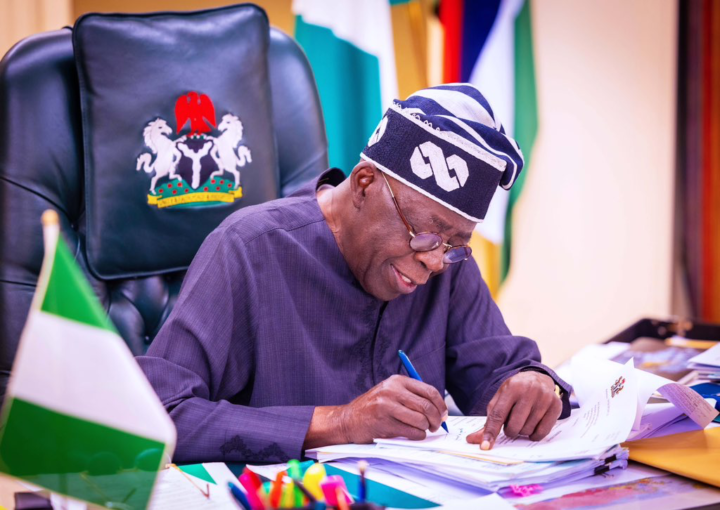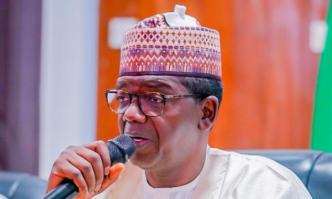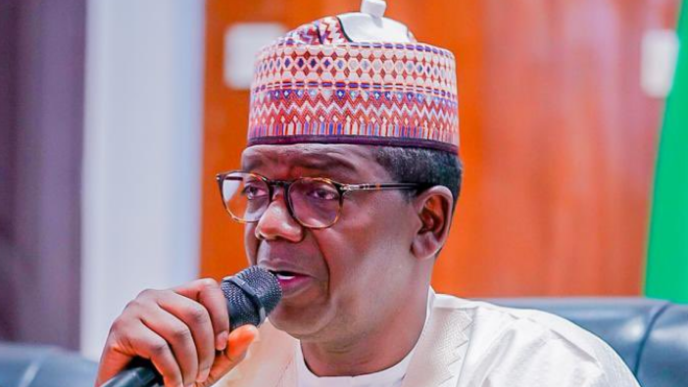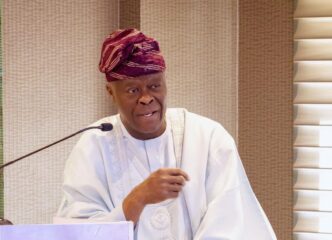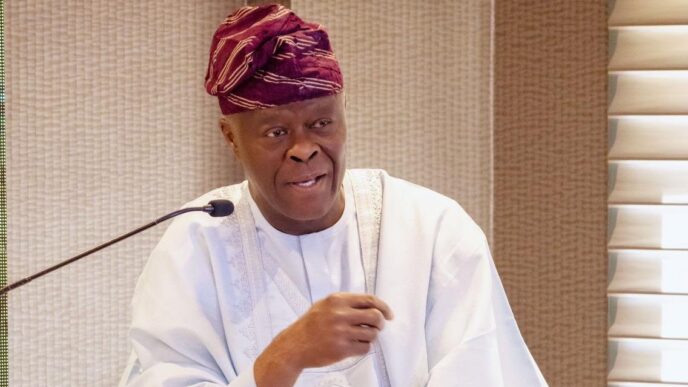President Bola Tinubu’s long-anticipated cabinet reshuffle finally happened on Wednesday. There were no earth-shaking changes — to the disappointment of many Nigerians. It still sent ripples across the political landscape — with a mix of strategic swaps, surprise exits, and bold firsts. Promises of downsizing have taken a backseat, sparking debate about political priorities amid the current economic strain. As Nigerians dissect the winners and losers of this reshuffle, TheCable presents seven notable takeaways.
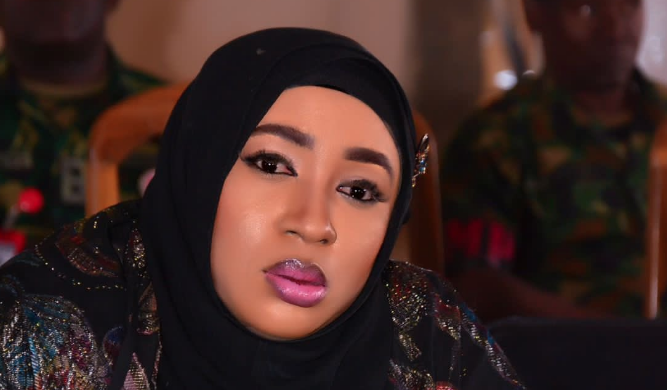
1. BETTA EDU IS GONE — OR ISN’T SHE?
Among the new faces was Nentawe Yilwatda, appointed to replace Betta Edu, who was suspended in January as the minister of humanitarian affairs and poverty reduction. Edu was temporarily let off following an alleged diversion of N585 million meant for vulnerable persons. Although Edu vanished from public glare, she sent a condolence message to victims of the Jos building collapse in July using the ministry’s letterhead. This stirred speculations that she might have been secretly let off the hook. Yilwatda’s appointment has silenced the whispers and uncertainties. It should be noted though that officially, Edu is still on suspension. The report of the probe panel has not been made public, neither has her fate been officially announced. We can only assume she is gone for good.
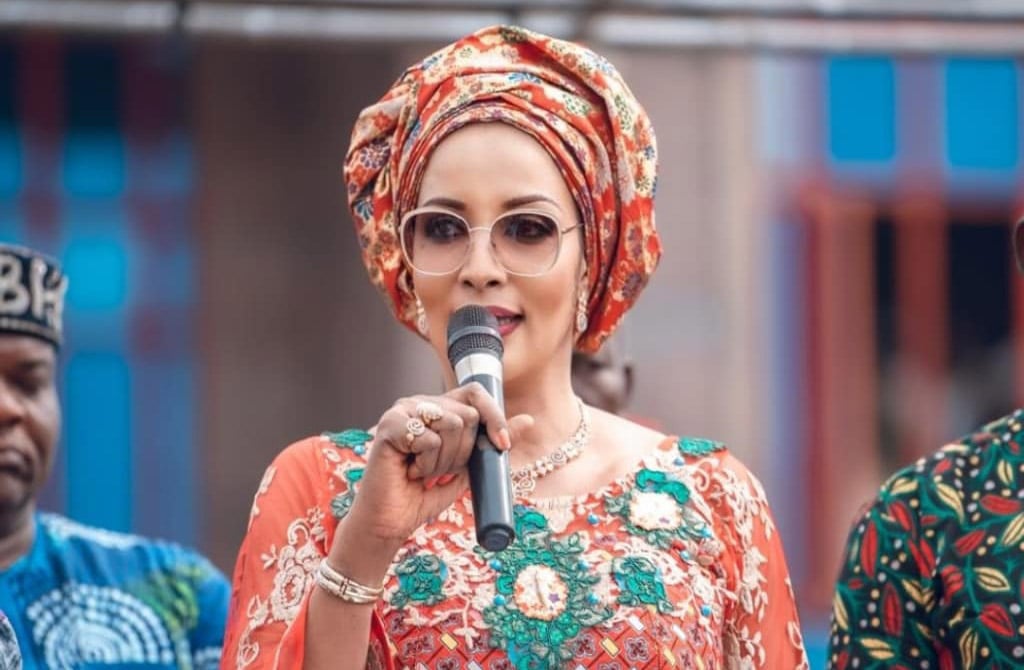
2. BIANCA OJUKWU’S APPOINTMENT — A SLAP IN THE FACE?
In a surprise, Bianca Odumegwu-Ojukwu, a member of the All Progressives Grand Alliance (APGA), was designated as minister of state for foreign affairs. Chukwuemeka Odumegwu-Ojukwu, her late husband, was the moving spirit of APGA in Anambra state. Some see this as a slap in the face for the All Progressives Congress (APC) in the state. She was also an appointee under the Peoples Democratic Party (PDP) government, serving as Nigeria’s ambassador to Ghana and Spain and Togo. She was the Most Beautiful Girl in Nigeria 1988, Miss Africa 1988 and Miss Intercontinental 1989. Ojukwu famously slapped the wife of Willy Obiano, former governor of Anambra state, at a public event in 2022.
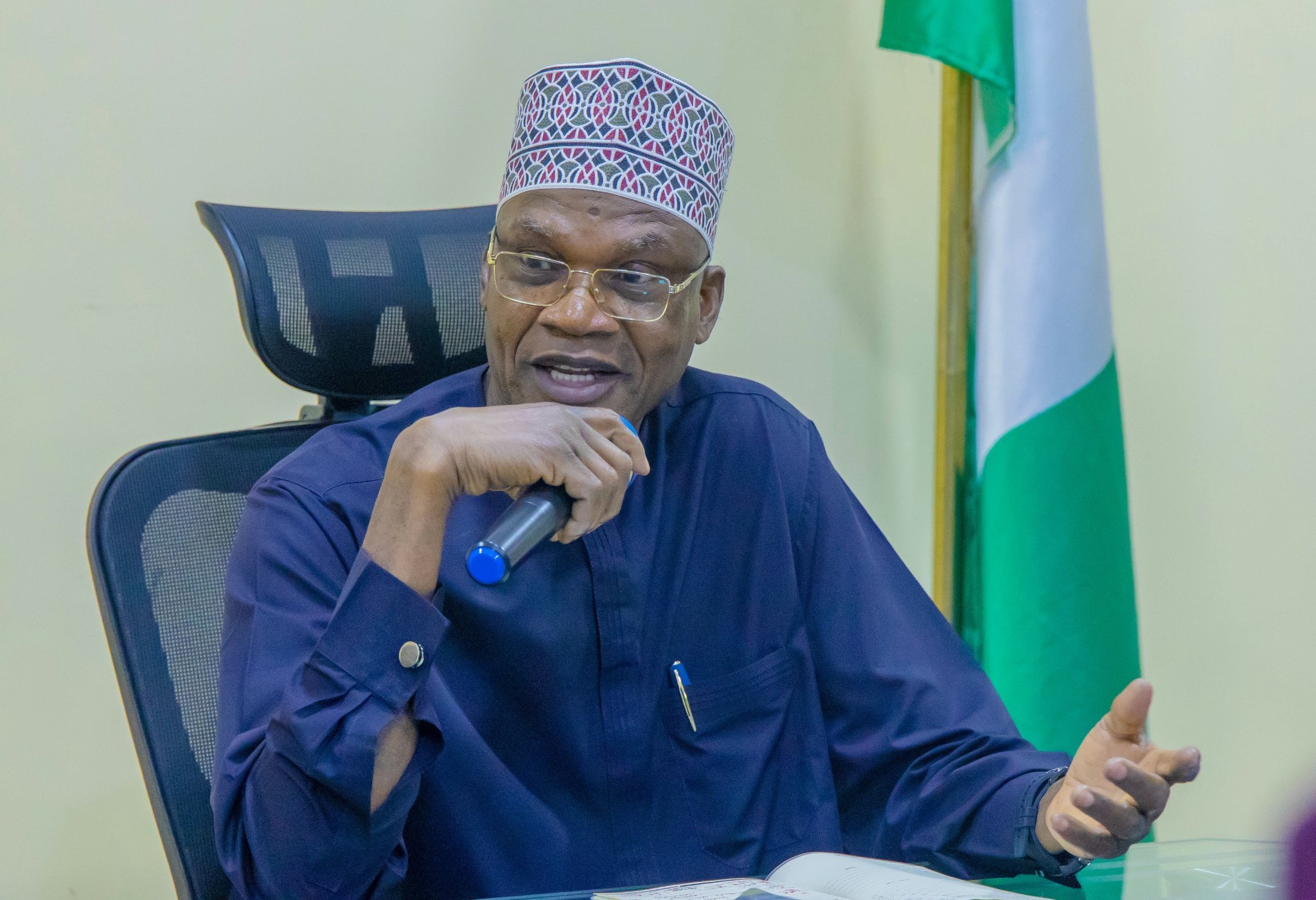
3. ‘DISCHARGED’ IS THE NEW ‘DROPPED’
Although the media went with the headline of ‘Tinubu sacks 5 ministers’, the word used in the official announcement was “discharged” — very similar to what the military uses when it disengages soldiers. But those expecting Tinubu to cut the size of his cabinet were also “discharged”. Five ministers were sacked and seven were appointed. That’s an addition to the cabinet, but since Simon Lalong resigned and (we assume) Edu is finally gone, we are still back to the 47-strong cabinet. Nothing gained, nothing lost. Nevertheless, young students will be celebrating the exit of Tahir Mamman as minister of education. He fought tooth and nail to get U-18s banned from sitting for university admission exams.
Advertisement
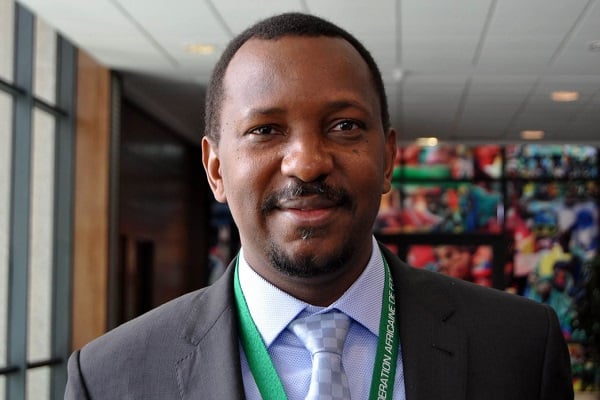
4. NSC IS BACK — YET AGAIN
The biggest “abiku” in Nigerian public institutions has to be the National Sports Commission (NSC) which has been coming in different shapes and sizes since 1910. The body was set up to regulate sports in Nigeria. It was officially named National Sports Council in 1962 when it was established and placed under the ministry of labour. It became National Sports Commission in 1971 and started reporting to the minister of sports. Since then, it has either been scrapped or relegated to the background when there is a minister of sports. Former president Muhammadu Buhari scrapped it entirely in 2022. It is back again. The new chairman is Shehu Dikko. Notable previous all-powerful chairmen (in the absence of a minister) were Alex Akinyele (under the Ibrahim Babangida government) and Shola Rhodes (under Sani Abacha).
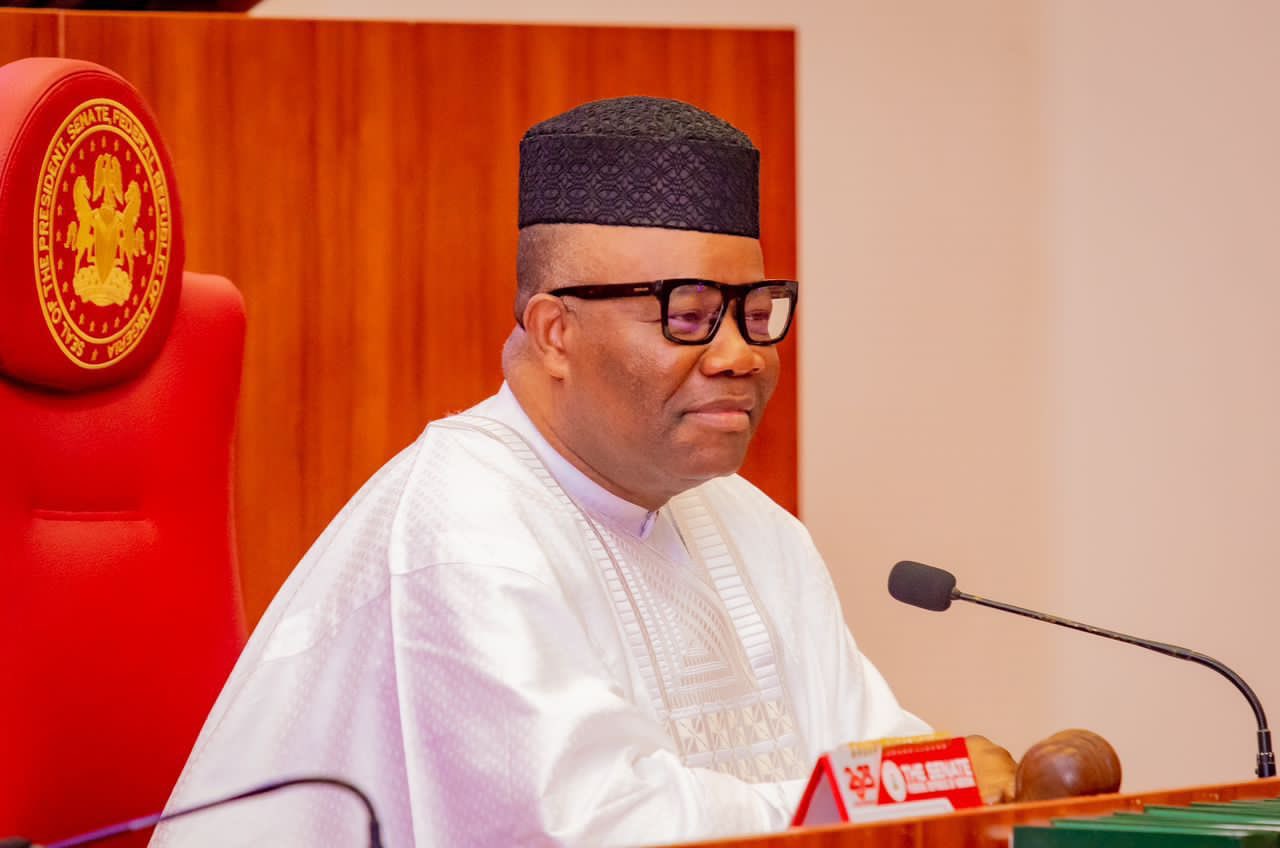
5. TAKE A BOW — WE KNOW YOUR PORTFOLIO!
When was the last time you knew the designated portfolios of ministerial nominees before they were screened by the senate? 2019? 2015? 1999? The correct answer is 2024. For the first time in this democratic dispensation, portfolios were assigned to ministerial nominees before senate screening. Many public commentators had been yearning for this. At senate screenings, nominees are usually questioned on portfolios that they may eventually not get. For the record, these are the nominees and their designated portfolios: Nentawe Yilwatda (humanitarian affairs and poverty reduction); Muhammadu Maigari Dingyadi (labour & employment); Bianca Odumegwu-Ojukwu (state, foreign affairs); Jumoke Oduwole (industry, trade and investment); Idi Mukhtar Maiha (livestock development); Yusuf Abdullahi Ata (state, housing and urban development); and Suwaiba Said Ahmad (state, education).
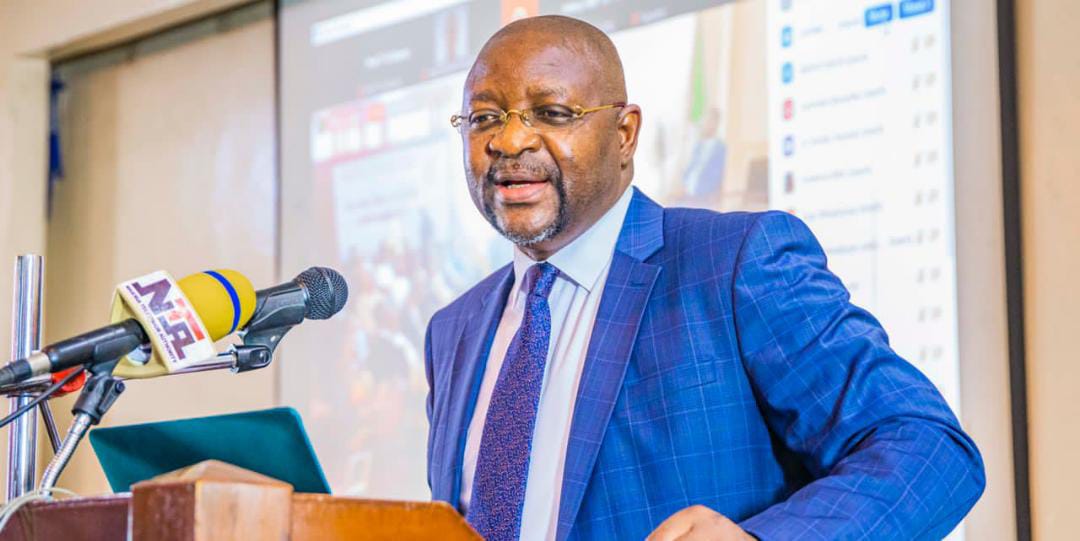
6. THE RETURN OF SUNDAY DARE
Former minister of youth and sports development, Sunday Dare, is back — this time as a presidential adviser serving in the office of a minister. He was named special adviser to the president on public communication and orientation and will work from the ministry of information and national orientation. He was executive commissioner, stakeholder management, at the Nigerian Communications Commission (NCC) from 2016 to 2019. He currently owns a football club and a radio station. Dare, an accomplished journalist, was once head of Hausa service, Voice of America (VOA). He was Tinubu’s chief of staff and media adviser until 2016.
Advertisement
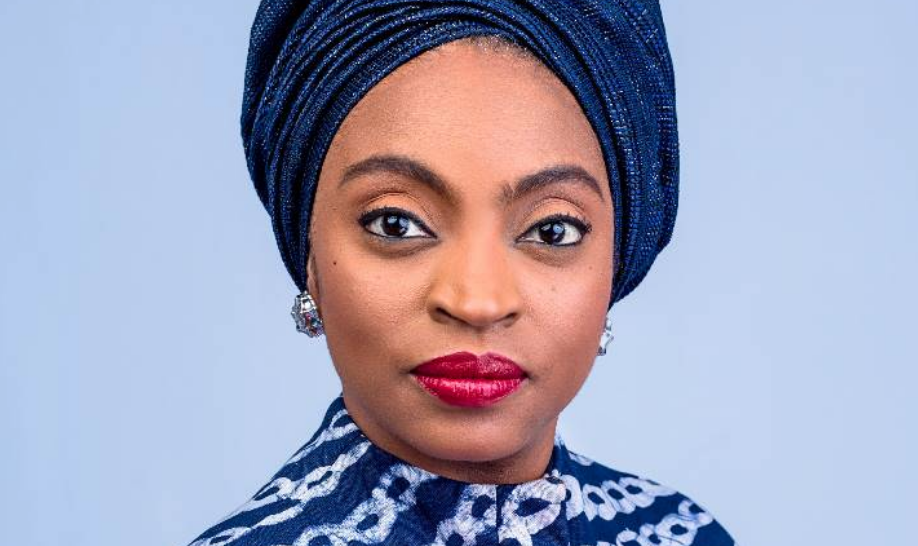
7. OGUN AGAIN?
Jumoke Oduwole’s appointment to head the ministry of industry, trade, and investment makes her the fourth minister from Ogun. Others are Adekunle Salako, the minister of state for environment; Bosun Tijani, minister of communications, innovation, and digital economy; and Wale Edun, minister of finance. It is unusual to have more than two ministers from a state but now we have four from the state that produced Olusegun Obasanjo, Obafemi Awolowo, Oladipo Diya, Ernest Shonekan and Yemi Osinbajo — all who served at the highest level as president or vice-president (or, in the case of Awolowo, deputy chairman of the federal cabinet and minister of finance).
Add a comment
